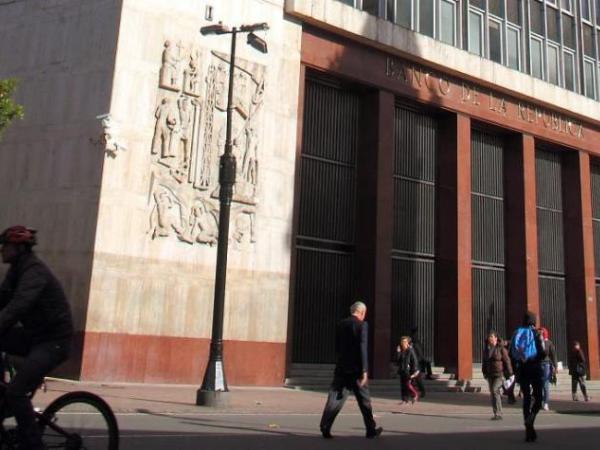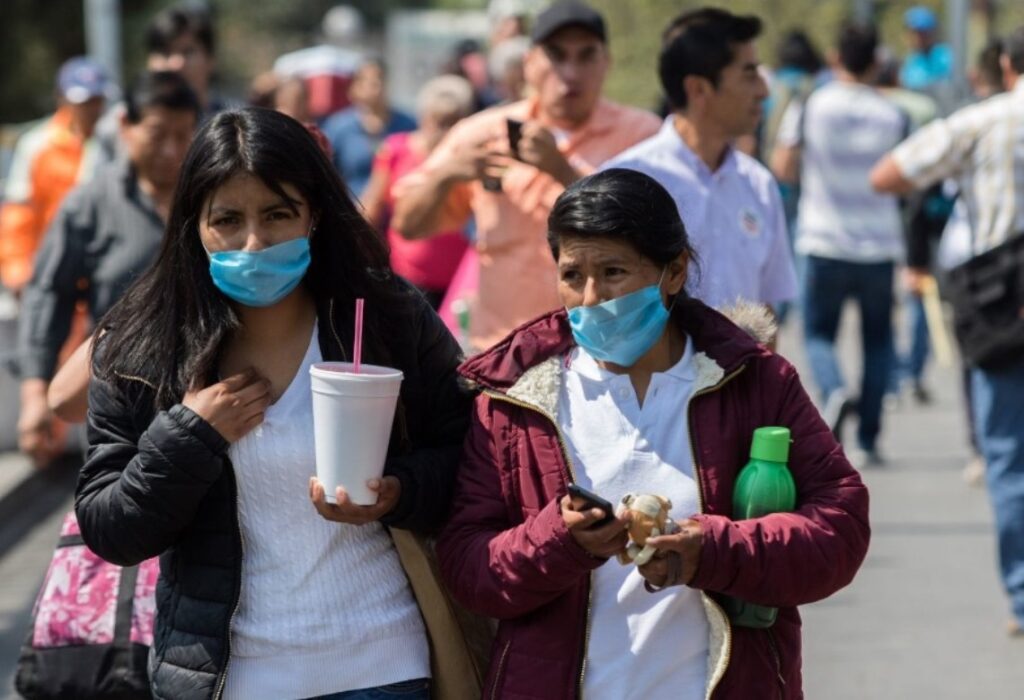Financial opinion surveys from all economic research organizations, the market, academics and the government assume that at the first meeting of the Board of Directors of the Bank of the Republicto of the year, which takes place today, are going to raise interest rates in the face of persistent inflation.
What everyone is wondering is at what level they will do it, in such a way that the message is sent that there is concern about inflation and decisions are made to try to control it, but additionally that this does not affect the process of economic recovery, after the worst crisis that the country experienced in 2020 due to the pandemic.
In any case, the surveys that have been revealed in recent days show a participation of between 60 and 80% in which the increase will be 75 basic points (bp) or 0.75 percentage points, until taking the cost of the principal monetary policy instrument at 3.75%.
Those who consider that the increase will be 50 bp or 100 bp will share the remaining shares.
Some analysts consider that after a variation of the inflation of 5.62%, in January the analyzed indicator will be above 6.17%, as shown by the Fedesarrollo Financial Opinion Survey.
For his part, yesterday the president of Asobancaria, Hernando José Gómez, assured that in the first quarter inflation will continue to rise and in March it would reach a peak of 7% per year and from then on it will begin to fall to settle at 4.6% at the end of the year.
He considered that the process of monetary normalization will continue, with which the interest rate of the Banco de la República would reach 5.75% at the end of 2022.
For Camilo Perezhead of economic research Bank of Bogota, the central scenario shows that today’s increase would be 75 bp, that is, an acceleration in rate increases compared to the two previous meetings in 2021.
This increase, he said, “It has an 80% chance of compliance, but in the remainder we see a risk that the Issuer rises 100 bp, that is, it accelerates that increase”.
And he notes that the factors that have changed in the last month were inflation and its expectations, which surprised upwards in December and that of January can come in the same way and that drives expectations, although he assures that the real-time indicators that uses the bank still points to a good economic performance this year.
For Edgar Jiménez, professor of Finance and of the Financial Laboratory of the Jorge Tadeo Lozano University, it is most likely that the rate hike will be 75 bp, although a significant proportion believes that it will be 100 bp.
In addition, he said that the bank will take into account that basic inflation will be close to 4%, close to the range, and it will be an argument for not raising it so strongly, not 100 but 75 bp.
Another factor that can mitigate a higher rise, he says, is that it could affect economic growth if it rises so strongly.
For its part, Wilson Tovar, Manager of Economic Research at Stocks & Securities he also expects him to go up 75 bps and a small chance of 100 bps.
He pointed out that inflation rose significantly and there is food pressure in January, additionally “the increase in wages also generates a psychological impact on producers to raise prices”.
He warned that an inflationary spiral could be very dangerous for Colombia and recalled that the Issuer must look at the wide trade deficit that the country has.
But he said he should consider the economy healthy and the 3% rate, with 5.62% inflation as expansionary, and then he should try to strike a more contractionary tone.
Analysts said that President Iván Duque’s call to the Board to have “finesse” when raising the rate is unnecessary because the entity is responsible for its decisions.
BRIEFCASE


















